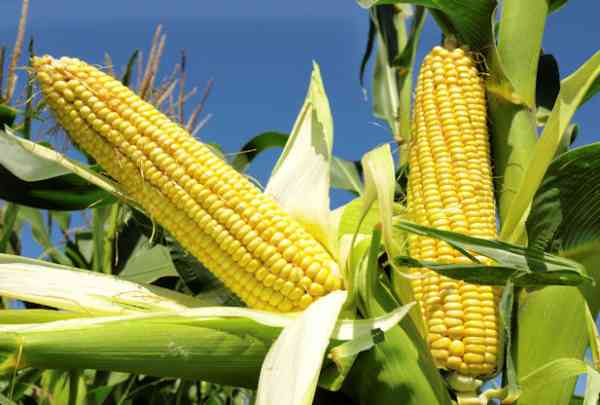
MAIZE imports into the country are set to decline this year following improved rainfall that has boosted crop development.
According to the latest United States Department of Agriculture’s Foreign Agricultural Service report, the country’s maize output is set to hit 1,3 million tonnes this season, up from 635 000 tonnes last year when crops were severely affected by drought.
The report attributes the expected recovery to a La Niña weather pattern that brought good rains during the crucial second half of the crop production period.
“The favourable climatic conditions in the latter part of the growing season contributed to better maize crop development across most producing regions,” the report noted.
As a result, maize imports are expected to decline by 300 000 tonnes to 1 million tonnes for the 2025-26 period.
However, total domestic demand will be high at 2,2 million tonnes, an 8% rise from the previous season due to growing human and livestock feed consumption.
To cover the gap between production and demand, Zimbabwe is likely to continue importing maize from South Africa, which has around 1,5 million tonnes available for export.
Despite the positive outlook, the maize sector still faces structural challenges.
- Mavhunga puts DeMbare into Chibuku quarterfinals
- Bulls to charge into Zimbabwe gold stocks
- Ndiraya concerned as goals dry up
- Letters: How solar power is transforming African farms
Keep Reading
Communal farmers, who cultivate 60% of Zimbabwe’s maize, contribute less than 40% of total output due to low yields.
The report highlights that more than 90% of maize production relies on rainfall, as irrigation remains largely unavailable to most smallholder farmers.
“High costs of fertiliser, fuel and other inputs continue to constrain productive efficiency, especially for communal growers,” the report said.
Agricultural experts have called for expanded irrigation facilities and access to modern farming technologies to improve yields and reduce the sector’s vulnerability to weather fluctuations.
Zimbabwe was not spared the harsh effects of the El Nino-induced drought that left more than five million citizens in urgent need of food aid.
President Emmerson Mnangagwa declared the drought a national disaster.
The report comes at a time when the government has projected to record a grain surplus of approximately 812 000 tonnes based on an anticipated cereal reserve of 3,01 million tonnes. The government said yesterday that grain imports will be discontinued.
The total comprises a harvest of 2 928 206 tonnes and an existing reserve of 83 526 metric tonnes, against an annual grain requirement of 2,2 million metric tonnes, Information minister Jenfan Muswere said during post-Cabinet briefing on Tuesday.










